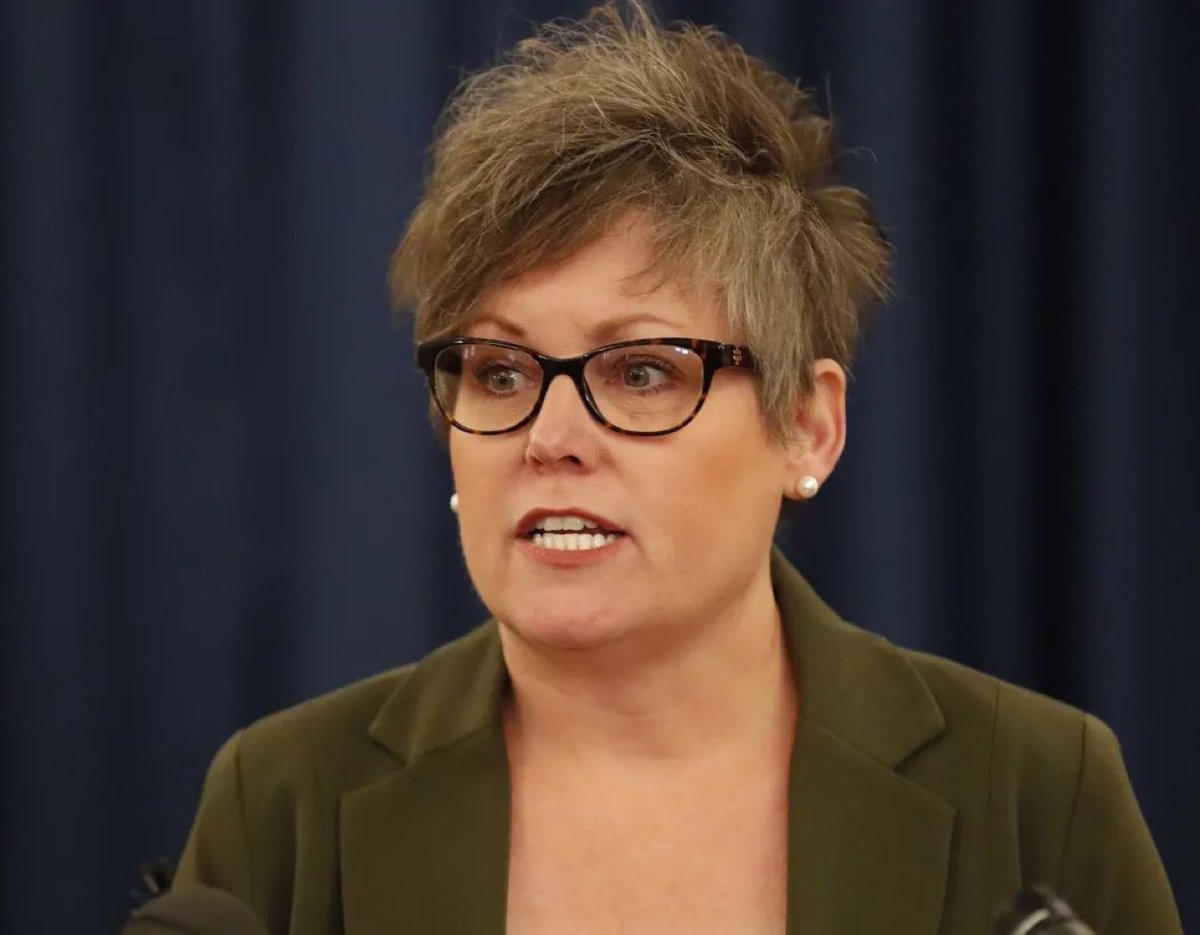Arizona’s Bold Move: Governor Hobbs Vetoes Bill, Keeping Sanctuary Cities Thriving Amid Federal Tensions!
Arizona Governor Katie Hobbs has made headlines by vetoing a controversial bill aimed at mandating local and state cooperation with Immigration and Customs Enforcement (ICE). This decision effectively allows sanctuary cities to continue functioning in Arizona, sparking debates on states’ rights versus federal immigration laws. The veto highlights the growing tensions around immigration policy and the role of state governments in enforcing federal regulations. As the conversation evolves, it raises critical questions about the balance of power between state and federal authorities. Stay updated on immigration policy changes and their implications for communities across Arizona and beyond.

BREAKING: Arizona Governor Katie Hobbs has vetoed a bill that would have required local and state cooperation with ICE, effectively allowing sanctuary cities to continue operating in Arizona.
Should states be allowed to ignore federal immigration law? pic.twitter.com/7l52ZAhouk
— News – Pam Bondi (@PamBondi_AG) April 20, 2025
BREAKING: Arizona Governor Katie Hobbs has vetoed a bill that would have required local and state cooperation with ICE, effectively allowing sanctuary cities to continue operating in Arizona
Arizona’s political landscape is buzzing after Governor Katie Hobbs made headlines by vetoing a controversial bill. This legislation aimed to mandate local and state cooperation with U.S. Immigration and Customs Enforcement (ICE), potentially putting an end to sanctuary cities in the Grand Canyon State. Sanctuary cities are municipalities that limit their cooperation with the federal government’s immigration enforcement policies, allowing undocumented immigrants to feel more secure in their communities.
By vetoing this bill, Governor Hobbs has effectively allowed sanctuary cities to continue operating in Arizona, giving rise to a bigger conversation about immigration laws and state rights. What does this mean for Arizona residents and the broader immigration debate? It’s a hot topic that’s sure to spark discussions at the dinner table, in social media forums, and even among local lawmakers.
Should states be allowed to ignore federal immigration law?
This question has been a point of contention for years. Supporters of states’ rights argue that local governments should have the autonomy to set their own immigration policies. They believe that federal laws can sometimes overlook the unique needs and circumstances of individual communities. Arizona’s decision to maintain its sanctuary status highlights this viewpoint, emphasizing local governance over federal mandates.
On the flip side, critics of sanctuary cities argue that ignoring federal immigration laws can lead to increased crime and safety issues. They believe that local authorities should assist ICE in enforcing immigration laws to keep communities safe. This divide is evident across the nation, with some states adopting strict immigration enforcement policies while others lean toward protecting undocumented immigrants.
The recent veto by Governor Hobbs raises questions about the future of Arizona’s approach to immigration. What does this mean for law enforcement and community relations? Will it create a more welcoming environment for undocumented immigrants, or will it fuel tensions between different community groups? The answers to these questions are complex and multifaceted.
As the debate continues, it’s essential to consider the perspectives of all stakeholders involved. Local communities, law enforcement, and immigrant rights advocates each have valid points. Arizona’s decision to maintain sanctuary status may serve as a model for other states grappling with similar issues, fostering a dialogue about how best to balance federal and state responsibilities.
In the coming weeks, we can expect more discussions, debates, and perhaps even legislative attempts to either reinforce or challenge Governor Hobbs’ veto. The implications of this decision are significant, not just for Arizona, but for the entire nation as it navigates the complex waters of immigration law and state rights.
Stay tuned for more updates on this developing story. The landscape of immigration policy is ever-changing, and keeping informed is vital for understanding the broader implications of state decisions like this one.
For more detailed insights, you can check out the original tweet by [Pam Bondi](https://twitter.com/PamBondi_AG/status/1913759783133270349?ref_src=twsrc%5Etfw).
